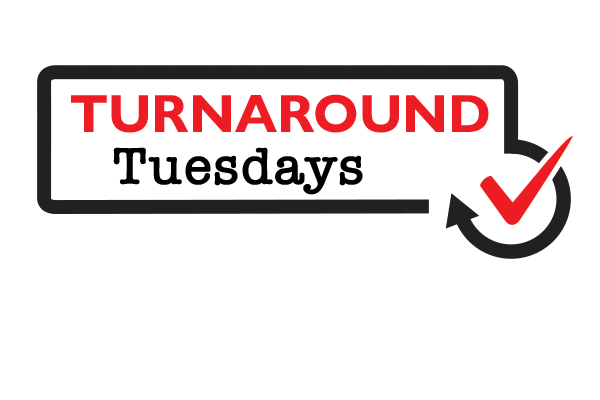Demographics:
Located in northern Oakland County, about 40 miles northwest of Detroit, Oxford Community Schools (OCS) serves a suburban community that extends across five townships and two villages. OCS prides itself on being the only PreK through 12 IB Authorized World School District in Michigan.
Biggest challenge:
Currently, all school districts in Michigan are awaiting enforcement of the ‘Read by Grade Three’ law, which requires that students be proficient readers by the end of third grade or risk being held back. Children entering third grade in 2019-20 will be the first group of students affected by the new law.
Related content: Here’s how we turned around our reading program
This law came about in response to poor statewide results on the state’s 2015-16 M-STEP reading assessment, where less than half of Michigan third graders earned a passing score.
Though this law is technically punitive, it has provided our district with the opportunity to turn around our literacy program to ensure that standards are being met, and that students are being given access to an effective reading program.
Solutions:
Shortly after the Read by Grade Three Law passed the state legislature, the district hired a data specialist to assist with the management and use of data. After collaborating with administrators and educators, we decided to start the turnaround process by adopting the Illuminate Education DnA platform to manage student data and assessments. We began creating a culture where data is viewed as something that teachers and administrators want to use because it makes education more efficient and effective, not just another hassle that they have to deal with.
Related content: 10 ways to use technology to promote reading
In addition to implementing a data platform, we have incorporated a multi-tiered system of supports (MTSS) to support students on an individual basis, and provide appropriate resources as necessary.
On a daily basis, teachers, principals, reading specialists, literary coaches and interventionists work alongside each other to use data to identify at-risk students early, and bring them to reading proficiency as quickly as possible.
With the right data, we can get a complete picture of every student’s strengths and weaknesses, and understand all of the variables that contribute to performance. Since shifting the focus to data, we can dedicate more time to analyzing it, and can in turn make better decisions about supports that are needed, and how interventions are progressing.
Lessons learned:
• Data supports student achievement.
• For data to be useful, all stakeholders must be on board and be able to easily access the data.
• An organizational system, such as a digital platform can make collecting and analyzing data simpler for stakeholders.
Next steps:
Though we don’t know what kind of an impact the Read by Grade Three law will make next year, I believe that our district is as prepared as we can possibly be for success. We plan on continuing to utilize a MTSS and data to help educators collaborate, and to support our students.
- 3 ways to avoid summer learning loss - April 19, 2024
- High school students say AI will change the workforce - April 18, 2024
- Motivating students using the Self-Determination Theory - April 17, 2024


